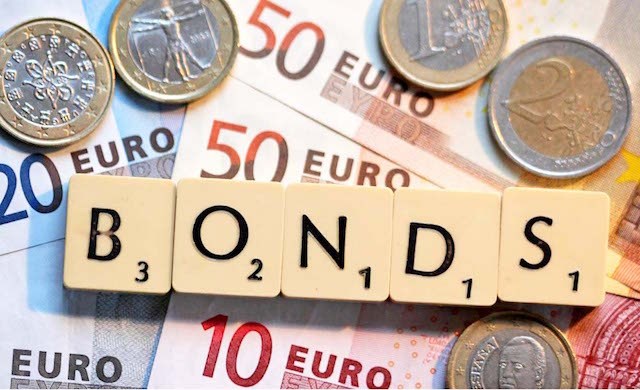The naira lost around 43% of its value in the foreign exchange market as the volume of US dollars in the currency markets decreased. Foreign investors exited sooner due to unfulfilled returns on hot money.
Data from the apex bank’s website revealed that there had been inflows into external reserves since the balance reached a low of $32.106 billion on April 19, 2024. The apex bank’s high debt servicing cost payments reduced the nation’s net FX reserves balance.
“Nigeria maintains external reserves to be able to settle foreign obligations,” stated Yemi Cardoso, the Central Bank governor, in response to reports that the top bank had used external reserves to protect the naira.
Last week, total external reserves printed higher at $32.642 billion, as the monetary authority halted its FX market intervention – despite weak crude oil production volume and fluctuating price per barrel in the global commodity.
In the first quarter of 2024, the apex bank employed favorable spot rates on Nigerian Treasury Bills traded to encourage foreign investors to the economy. The Central Bank of Nigeria (CBN) OMO bills were also priced higher, causing an infusion of hot money.
The era of increased spot rates appears to be over as the CBN slows auction rates, leaving foreign investors high and dry despite their anticipation of probable interest rate repricing.
Nigeria raised its benchmark interest rate by 6% in 2024 to keep inflation under control. Ahead of its policy meeting, an investment banking business forecast another 100 basis point increase in interest rates.
According to statistics from FMDQ Securities Exchange, the official FX rate decreased by 42.99% from N1 072.74 per US dollar in April 17 to N1,533.99 per greenback on May 17. In the parallel market, naira fell by 34.0% to N1,515.00 as of 16 May from a low of N1,000.00 as of 16 April.
Due to their respective trend observation which formed basis for their predictions, some naira bulls predicted that exchange rate would rebound strongly after exchange rate ran amok near N1900 in the first quarter of 2024.
The CBN maintained stance that the naira is grossly undervalued. Investment firm have been emphasizing weak FX supply as major impediment to naira strengthening in the currency market.
Goldman Sachs, Financial Derivative Company (FDC) and Renaissance Capital had projected a bull line would be formed around N1000, except FDC analysts that valued the local currency at N910.10.
On the back of US dollar sales at subsidized spot rate to currency traders in the informal market, the naira had gained strengthen strongly. The local currency became world’s best performer before the twist seen in the forex marker in May.
Exchange rates appreciated for three weeks in April across the forex markets since, causing the naira to win its first ever laurel in the global market. As the CBN ran out of buffer on account of weak net FX reserve, foreign currency injections become irregular – creating fresh entry points for currency speculators.
Forex market liquidity position drive exchange rate movements, analysts said noting that foreign investors moved out due to elevated rates in the global markets.
“The naira could not survive pressures from sustained demand for US dollar and other foreign currency due to inability of the monetary authority to sustain FX injection to banks, and bureaux de change operators (BDCs)”, LSintelligence Associates said told MarketForces Africa in a chat.
The naira halted its three-week streak of appreciation in April after the heightened war in the Middle East, particularly Iran’s retaliatory attack on Israel on April 13, triggered foreign investor flight to safe havens, thereby spurring capital outflows and mounting demand pressure in the FX market.
In a note, Cordros Capital Limited told investors that they think that concerns about the CBN’s low net FX reserves and the defense of the naira sparked risk-off sentiments amongst foreign investors and limited inflows from Foreign Portfolio Investors (FPIs).
Indeed, FX inflows into the Nigerian autonomous foreign exchange market fell by 48.1% to $1.95 billion in April from $ 3.75 billion in March 2024, with inflows from foreign sources particularly foreign portfolio investors (FPIs) declining by 68.9% to $478.10 million from $1.54billion in the previous month.
“We also note that despite weak inflows from FPIs, the CBN’s intervention in various market segments has remained frail and irregular, given its weak net FX reserves”. Monthly report from FMDQ revealed that total inflows from the CBN into the NAFEM market declined by 35.1% to $ 98 million from $151 million.
“…whilst the CBN maintained dollar sales to BDCs and commercial banks, the total sum of FX supplied remained insufficient to alleviate the pressure in the FX market”, Cordros Capital said in its note.
Latest data from FMDQ showed that exchange rate improved. The naira settled at to N1,497.33 at the Nigerian Autonomous Foreign Exchange Market.















